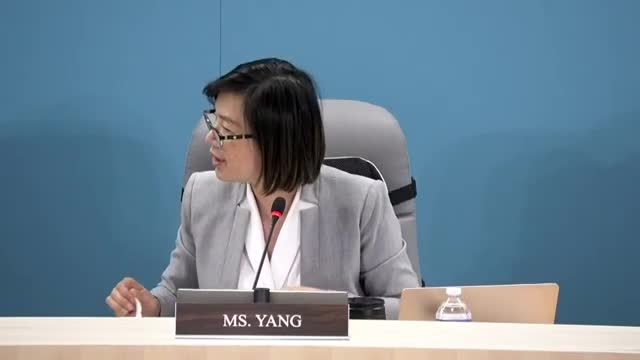Article not found
This article is no longer available. But don't worry—we've gathered other articles that discuss the same topic.
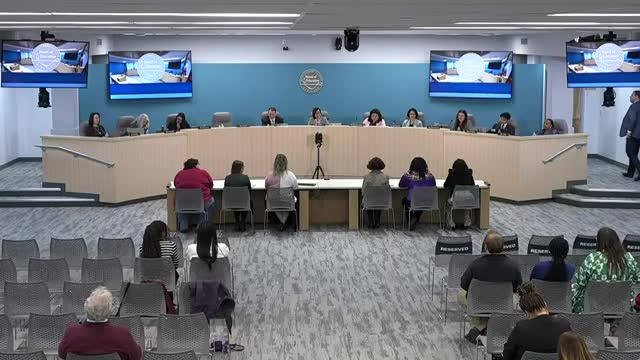
Teachers, ELD representatives and parents urge MCPS to replace or heavily revise Amplify CKLA
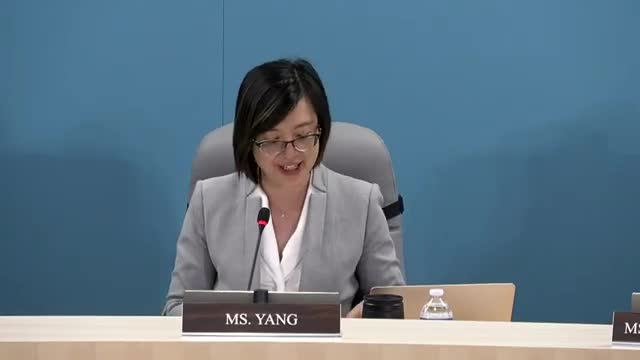
Board approves administrative appointments, multiple recognitions and consent blocks; tables one resolution to May 8
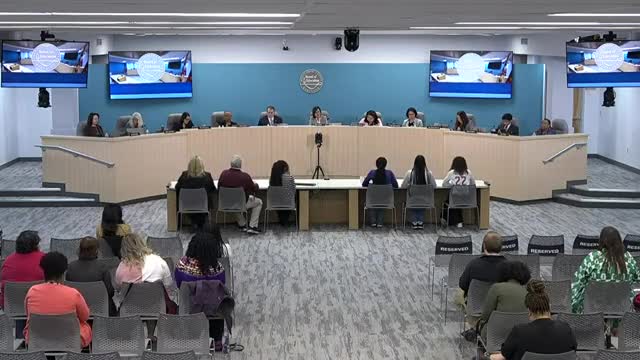
Students urge MCPS to keep coed volleyball teams, say cuts would harm inclusion
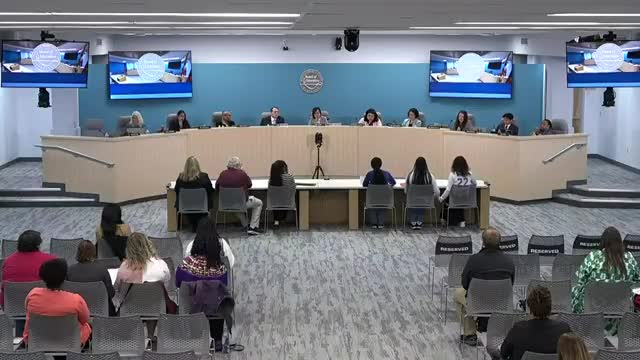
Students and teachers describe unsafe and unhealthy conditions at Argyle and other schools
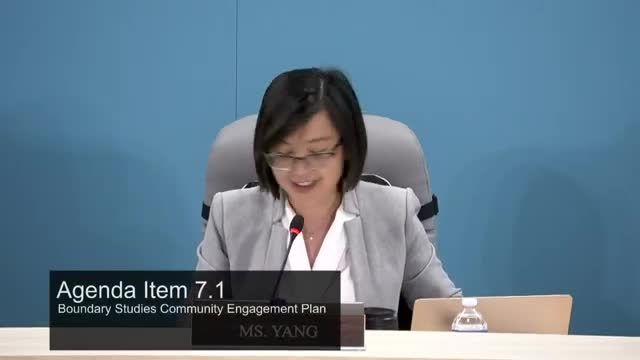
MCPS outlines parallel secondary program analysis and boundary study; emphasizes broader, multilingual engagement
